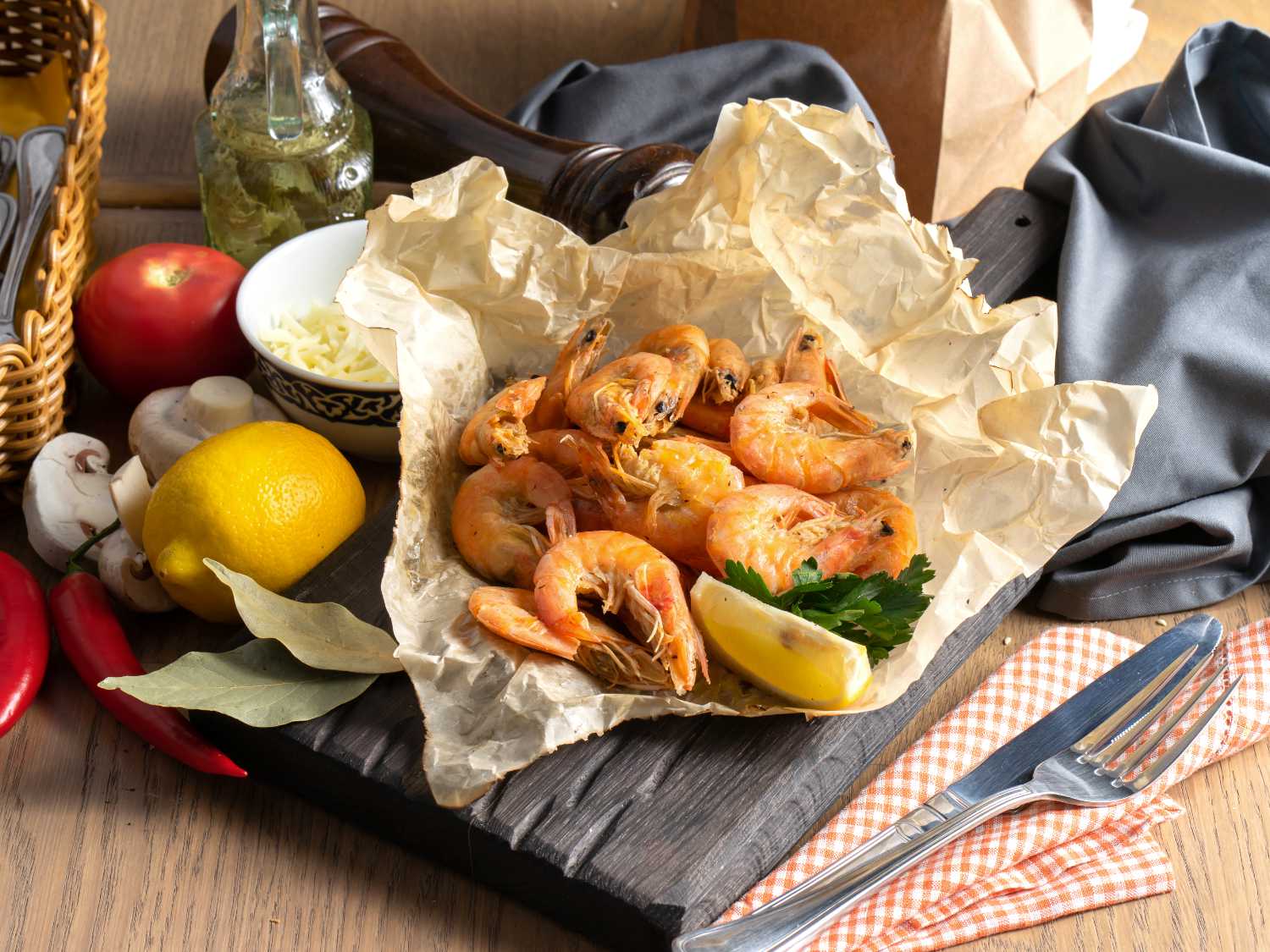
Exploring the Pescatarian Diet: Benefits and Guidelines
Summer has arrived, and many of us are already at the beach or dreaming of going there in a few weeks… and what do we typically eat at the beach? Fresh and versatile fish.
Of course, this doesn’t apply to those following a vegan diet, but there is also a dietary regimen known as the pescatarian diet, which is based on the consumption of fish.
But how does it work and what should you eat? As always, we provide some information without passing judgment on any dietary or ethical choices, although limiting the consumption of animal products, choosing organic, and leaning towards a plant-based approach is certainly a sustainable contribution to the well-being of the planet.
What to Eat on a Pescatarian Diet
Pescatarians have much in common with vegetarians. This means they primarily eat vegetables, fruits, tubers, grains, and legumes, and of course, they add… fish!
This includes saltwater and freshwater fish, oily fish like sardines and mackerel, or fattier fish like salmon and trout, as well as shellfish and mollusks.
It’s an extremely varied diet that categorically excludes meat and its derivatives: no cold cuts or deli meats, no bacon, and no chicken nuggets.
Secondary animal products like dairy and eggs are typically consumed infrequently and in moderate amounts.
Fish is consumed at least 3-4 times a week, while the rest of the diet includes whole grains and plant-based foods.
Sushi lovers will certainly be happy!
Benefits of the Pescatarian Diet
The pescatarian diet is the focus of many international studies because it is generally considered very healthy. This is because it includes all the goodness of the plant world and adds fish, a light food rich in "good" fats like omega-3s.
This is beneficial because it allows for replacing meat proteins with those from fish, cutting out "bad" fats and calories, which can positively impact weight loss, lower blood pressure, and reduce the incidence of cardiovascular problems.
Cons of the Pescatarian Diet
The cons are found in two interconnected areas. Sustainable fishing is increasingly challenging, while uncontrolled fishing has depleted our seas.
This is not only terrible on an environmental level but also means that the fish that ends up on our tables is increasingly often farmed in conditions that are not optimal for hygiene and animal welfare.
Excess heavy metals like mercury or even antibiotics found in the tender flesh of tuna and salmon are proof of this. So how do you manage?
As with every aspect of life and healthy eating, moderation and the careful, conscious selection of the products we choose to consume are key elements.
For more information:


0 comments